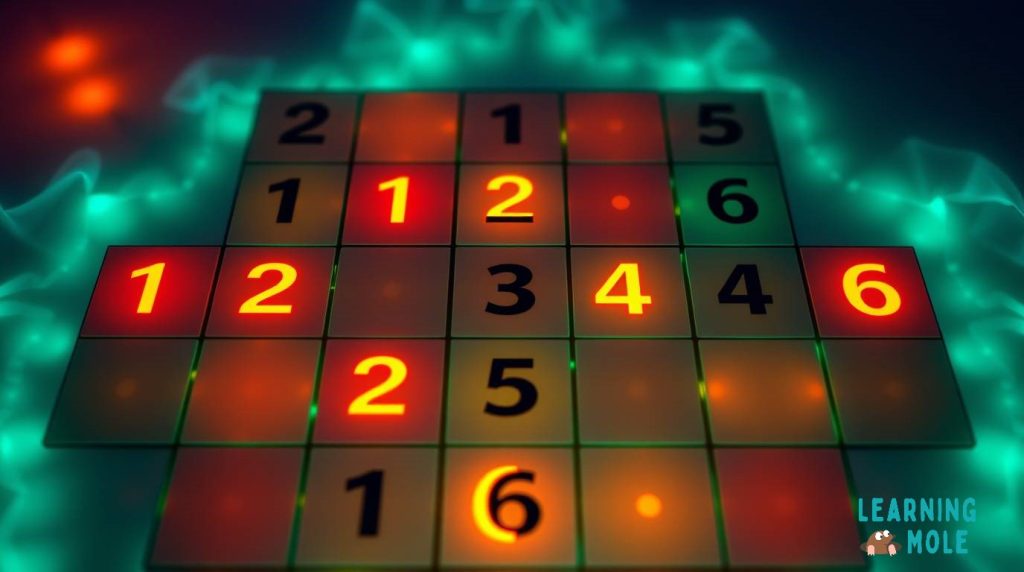Homework is meant to challenge children, but sometimes the real challenge lies with their parents. Many adults have experienced that moment of staring blankly at a seemingly simple question, wondering if they have somehow forgotten how to think like a student. These funny yet humbling moments remind us that education has changed — and that kids today often learn in different ways than their parents once did.
Question 1: The Math Puzzle That Isn’t So Simple
One common homework question making adults scratch their heads involves basic arithmetic written in a tricky way. For instance, a question might ask, “Add eight to six and then divide by two,” but the order of operations leaves parents guessing. Children today are taught to use structured reasoning — understanding why certain operations come first — whereas many adults rely on instinct. What seems like a simple math problem actually tests logic and rule application rather than memory.

Question 2: The Tricky Grammar Question
Another type of question that confuses grown-ups involves grammar. A worksheet might ask a child to identify the correct use of a homonym — words like their, they’re, and there — but the example sentences are designed to test fine details. Adults, long removed from grammar drills, might not recall the exact rules and instead rely on what “sounds right.” It’s a reminder of how much linguistic nuance we forget once we stop actively learning it.
Question 3: The “Thinking Outside the Box” Riddle
Some questions go beyond traditional subjects, asking students to apply creative thinking. One such example might show a pattern of numbers or shapes and ask, “What comes next?” Adults sometimes overthink, looking for complex mathematical relationships, while children, who are encouraged to find visual or lateral patterns, may solve it faster. It highlights how modern education values problem-solving and innovation, not just memorisation.
Question 4: The Science Brain-Teaser
A classic homework challenge involves scientific reasoning — for example, explaining why the moon changes shape or why a shadow grows longer in the afternoon. Adults may give over-complicated answers, while kids are taught to explain phenomena using simple, evidence-based reasoning. These questions encourage clear thinking rather than rote recall of facts.
Question 5: The Geometry Trick
Geometry problems that involve angles, shapes, or symmetry can stump even those who once excelled in math. A question like “How many triangles can you find in this shape?” might look simple until one realises that smaller, overlapping triangles count too. It’s a clever way to make students think critically and visually at the same time — something many adults struggle with when they’re out of practice.
Question 6: The Logic Question
Logic puzzles often require careful step-by-step deduction, such as arranging clues to determine who owns which pet or which house is painted what color. While adults may jump ahead and make assumptions, children learn to rely on process and elimination. These puzzles build analytical reasoning that benefits them in all subjects.
Question 7: The Emotional or Moral Question
Some assignments challenge children to think about empathy and ethics — for instance, “What would you do if a classmate forgot their lunch?” Parents sometimes dismiss such questions as too simple, yet they teach social intelligence and perspective-taking. This approach reflects how schools today nurture emotional development alongside academics.

Lessons for Parents and Teachers
These tricky homework questions serve as more than jokes on social media. They show that education now focuses on reasoning, creativity, and communication rather than memorising facts. When adults struggle, it doesn’t mean they’re less intelligent — it means teaching methods have evolved. The next time a child’s homework leaves you puzzled, take it as an opportunity to learn something new together. After all, curiosity never goes out of style.

















